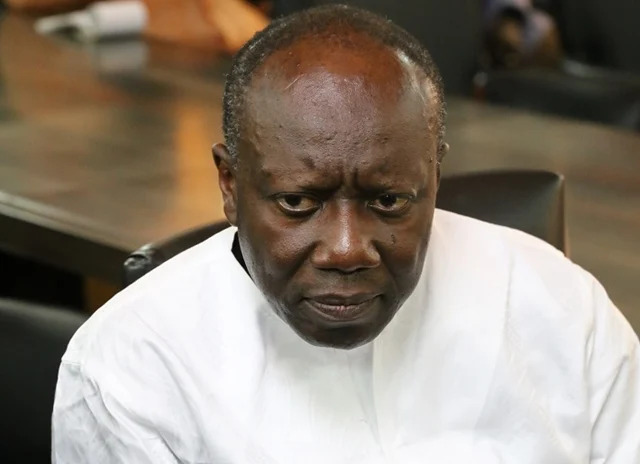Standard and Poor’s (S&P) Global Ratings, an American credit rating organization, downgraded Ghana’s foreign and local currency sovereign ratings to CCC+/C from B-/B on Friday, August 5. This moved Ghana’s debt into a more speculative terrain.
S&P stated in a report by marketwatch.com that the country’s outlook is still negative, “reflecting Ghana’s limited commercial financing options, and constrained external and fiscal buffers.”
The “Covid-19 pandemic and the conflict in Russia have magnified Ghana’s fiscal and external imbalances,” according to S&P, one of the “Big Three” credit-rating agencies, along with Moody’s Investors Service and Fitch Ratings.
There is also demand for foreign currency that has been driven higher by several factors, including nonresident outflows from domestic government bond markets, dividend payments to foreign investors and higher costs for refined petroleum products
S&P Report
S&P Global Ratings pointed out that Ghana has also been impacted by a lack of access to Eurobond markets as a result of local authorities passing legislation to limit exemptions on tax payments, including VAT, and imposing a tax on electronic transactions.
While these changes could improve the tax take going forward, the situation remains challenging, and over the first half of 2022, the fiscal deficit has exceeded the government’s ambitious target.
S&P Global Ratings
Context
According to data provided by the Bank of Ghana, Ghana’s public debt climbed from 76.6 percent of GDP (or Ghc351.8 billion) at the end of December 2021 to 78.3 percent of GDP (or Ghc393.4 billion) by the end of June 2022. Domestic debt made up Ghc190.1 billion (37.8%) of the target total debt stock, while external debt made up Ghc203.4 billion (40.5% of GDP).
When the International Monetary Fund (IMF) approved a $918 million facility for Ghana in April 2015, Ghana was labeled as having a “high risk of debt distress.” The IMF facility started a program to manage the economy of the nation and restrain government spending in order to maintain fiscal responsibility.
Ghana declared on July 1 that it would be contacting the IMF in Washington for an economic rescue plan.
Since then, during a one-week visit to Accra between July 6 and July 13, 2022, a team from the IMF has made initial contact with key players.


Top ,.. top top … post! Keep the good work on !
Hm,.. amazing post ,.. just keep the good work on!
Incredible! This blog looks just like my old one! It’s on a totally different topic but it has pretty much the same layout and design. Superb choice of colors!